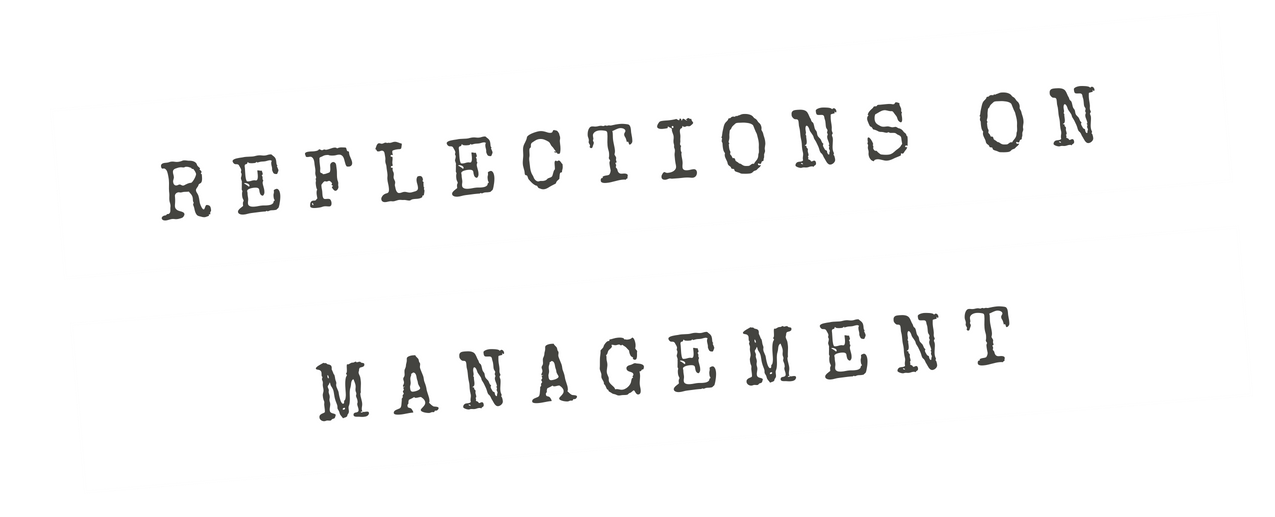It isn’t about what’s going on now. It’s about what happened when the change effort started
Season 4, Episode 7 — Click here to download the transcript
A common thread I have found in popular change management literature is how to initiate change. Find the problem. Build the sense of urgency. Get things started! This is because change really is hard to start. But the fact is, many of us will not necessarily be starting change efforts ourselves. We may first walk into a new job and be handed responsibilities over change already occurring in the organization, sometimes as a working group member, sometimes as a project lead. We can’t always count on having a good continuity book or record of the change effort thus far. So how should you proceed? How does one ‘inherit’ a change effort?
This is an excellent question, because indeed the traditional change management literature overlooks this contingency. On the one hand, many change agents will have the opportunity to see their effort through from start to finish, but in very large organizations where change efforts can take years or decades, chances are that leadership of the effort will change hands at least once. Unfortunately, the transition of project lead from one to another is not always smooth, and the successor has to figure out with incomplete information where the change effort stands and what to do about it. In this episode I discuss concepts such as reconstructing the original change story, assessing whether to continue or stop or modify the effort, and the potential concerns about interfering or competing with other change efforts.
Works Referenced:
Mantere, S., Schildt, H. A., & Sillince, J. A. (2012). Reversal of strategic change. Academy of Management journal, 55(1), 172-196.
Related Reflections on Management Episodes:
Episode 1-4. Crafting a Change Story
Episode 3-1. Planned Change and the ‘Story of the Four Commanders’
Episode 4-5. Is There a Difference Between Continuity and Complacency?


